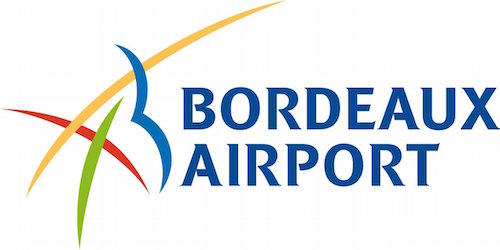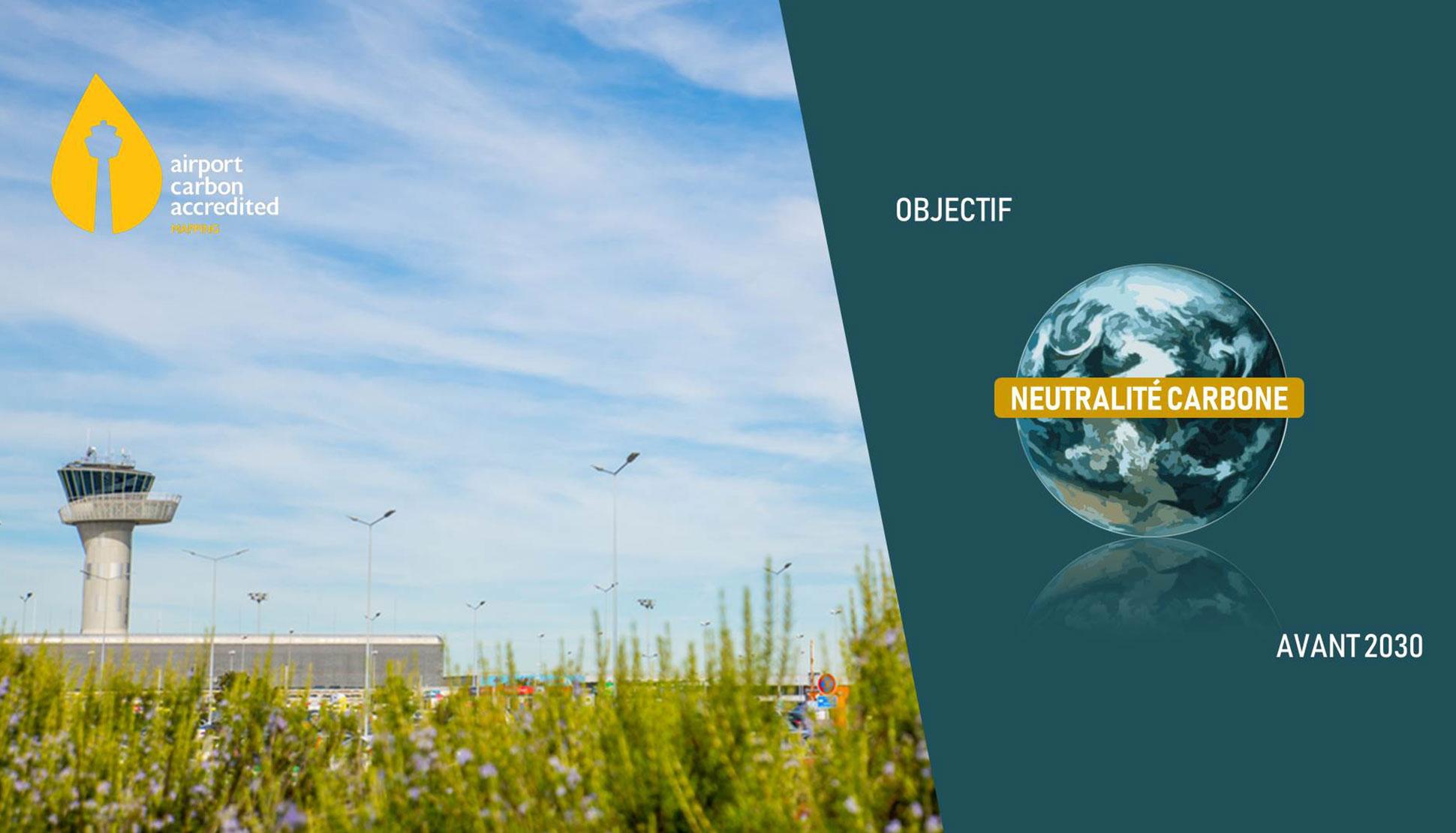Bordeaux Airport Energy transition, biodiversity and eco-responsibility

The €8 million programme of investment on the environment at Bordeaux Airport in its resilience and recovery plan is enabling the airport operator to pursue its engagements.
With the award of its first certificate under the European Airport Carbon Accreditation scheme by Airport Council International Europe, Bordeaux Airport is continuing its efforts to become carbon neutral by 2030, and numerous actions are also underway for biodiversity, water and waste.
With the commitment of Bordeaux-Mérignac Airport SA to the resilience and recovery plan, approved by its Supervisory Board in late 2020, projects related to various aspects of its environmental strategy are making good progress at Bordeaux Airport.
Target: carbon neutrality by 2030
Following the recent award of its first European Airport Carbon Accreditation certificate, with the support of the French Airport Commitment to the Environment and Energy Sobriety (EASEE), the airport is currently working towards the next accreditation steps to achieve carbon neutrality by 2030. In the wake of the recent expansion of the ‘400Hertz’ floor power supply for Hall A aircraft, to reduce fossil fuel use, the implementation of further energy solutions is focused on infrastructures in 2021. In addition to the High Environmental Quality of the new Satellite 3 in Hall A, which is due to open in the near future, operations are underway for the roll-out of the energy metering plan in Hall A, the solar glazing of Hall B facades, both air-side and land-side, or the installation of solar panel roofs at the entrance to car park P0, following similar installations in car parks P1/P2.
Numerous projects for biodiversity, water and waste
The Airport Operator is also focusing its actions on preserving and fostering the biodiversity of the site. The greening of the car parks, which began in 2020, is being followed by that of the new forecourt, under development prior to the arrival of the tram in 2022, with a ‘zero chemical treatment’ requirement within the perimeter of the concession. In a secluded area rich in a wide variety of flora and water resources, the foundations of an airport beehive for some 150,000 bees were laid in May.
With an initial million litres of water saved in 2019 thanks to the installation of waterless urinals in public toilets, the aim for the coming years is to save 5 million litres annually, via the extension of these facilities, the roll-out of other flow limiting systems and the recovery of rain water or that used for airport fire-fighting exercises, as of 2021.
Lastly, with the upcoming overhaul of waste sorting and collection systems for professionals and the public, the airport is aiming for a 30% increase in recycled matter.

